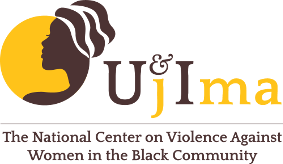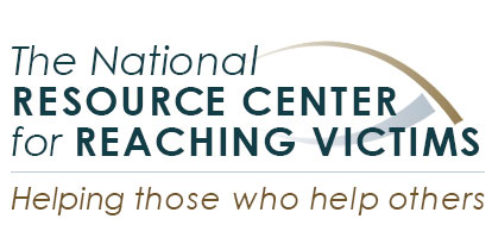Intersection of COVID-19, Domestic Violence, and Sexual Assault within Communities of Color

Following the emergence of COVID-19 in the United States, the pandemic has spread across the nation with devastating and life-altering effects. The human toll -psychologically, physically, and financially necessitates a response matching the gravity of this global public health crisis. While states and localities have sought to mitigate the impact of this pandemic, it is important to address the risks and barriers facing survivors of domestic violence and sexual assault. The heightened risks, increased barriers of reporting to law enforcement, and increased calls to culturally specific community-based programs underscores the unique challenges faced by domestic violence and sexual assault survivors from Communities of Color, who are often marginalized in systemic and service responses.
As the nation races to address the current and future costs of this pandemic, recent data shows that Communities of Color have been disparately impacted. According to the latest research by APM Research Lab, COVID-19 related deaths in the Black community are more than double that of other racial/ethnic groups. In Louisiana, African Americans accounted for 70% of COVID-19 deaths, while comprising 33% of the population. In Michigan, they accounted for 40% of deaths even though they are 14% of the population. In Iowa, Latinos accounted for 17% of COVID confirmed cases, while comprising only 6% of the population. In Alabama, the Asian community accounted for 4% of deaths compared to being 1% of the population. *The response to our communities has been especially inadequate. Higher infection and mortality rates in Communities of Color are indicative of long-term systemic inequities, including access to healthcare, wealth and wage gaps, the digital divide, lack of language access, housing disparities, and food deserts, among other things.
Despite some funding for sexual assault and domestic violence programs, there is a dearth of funding for under-resourced culturally specific programs that are a lifeline for survivors in their communities. Funding for Communities of Color was nominal before COVID-19, and is very insufficient now for a short and long-term response to the public health and economic crisis at the intersection with domestic violence and sexual assault. These organizations provide more holistic services; provide critical language access for survivors who are limited English proficient; assist survivors who are at a higher risk of contracting COVID as essential workers and also at higher risk of unemployment; provide food; and increase access to other life-saving resources. These organizations are having to do this with limited access to resources at a time of greater demand.
In order to truly address the impact of COVID-19 on ALL domestic violence and sexual assault survivors, there must be funding directed to culturally specific organizations that are developed by and for our communities. Communities of Color must lead the response in our own communities. Our nation cannot maintain the status quo that has marginalized the voices of those who are at the greatest risk; our collective health and long-term well-being depends on it.
To view and print this document in its entirety, click here.
*Note reference below
Reference
- Hlvinka, E. “COVID-19 Killing African Americans at Shocking Rates.” Wildly disproportionate mortality highlights need to address longstanding inequities. May, 2020, https://www.medpagetoday.com/infectiousdisease/covid19/86266; See also www.covidtracking.com/race.
COVID-19 Survivor Impact Briefs Girls and Women of Color | The National Resource Center for Reaching Victims

The National Resource Center for Reaching Victims conducted a series of listening sessions to unearth the impact the COVID-19 health crisis is having on underserved victims of crime and better resource the crime victim services field to respond to those needs. This brief summarizes the issues and strategies that emerged from listening sessions on girls and women of color survivors.
Click here for more information.
